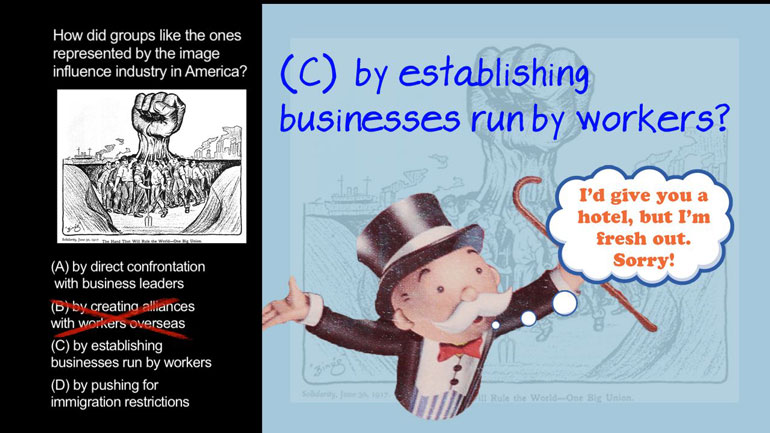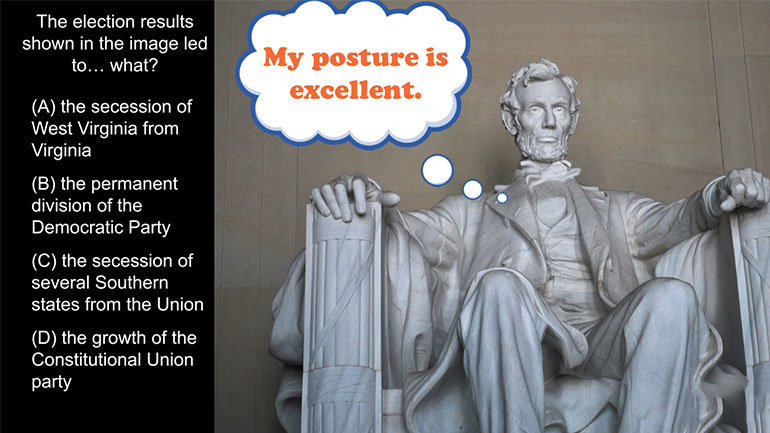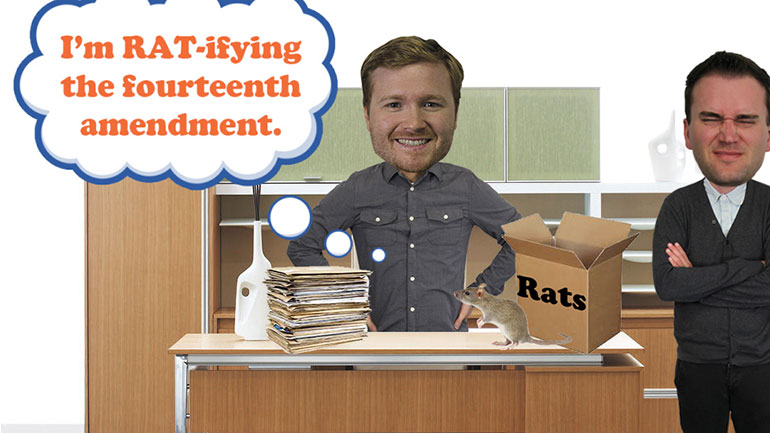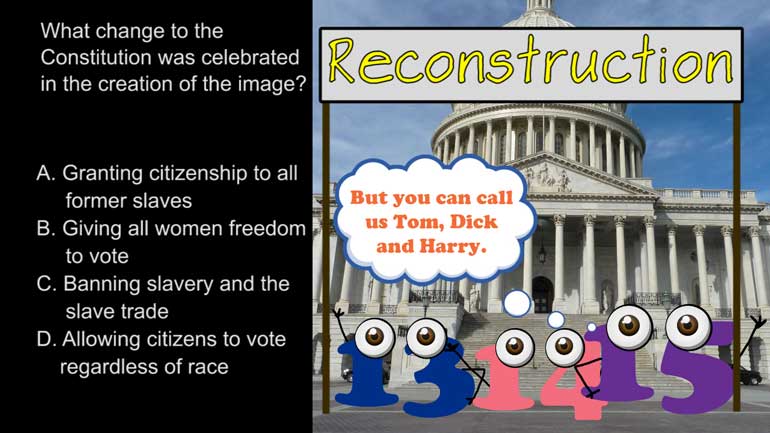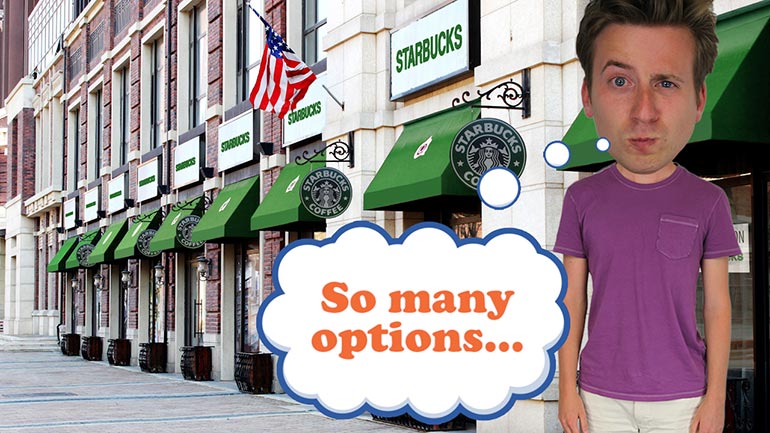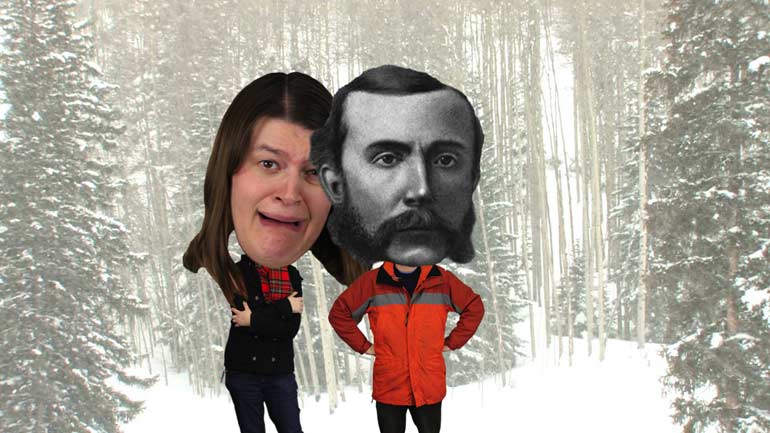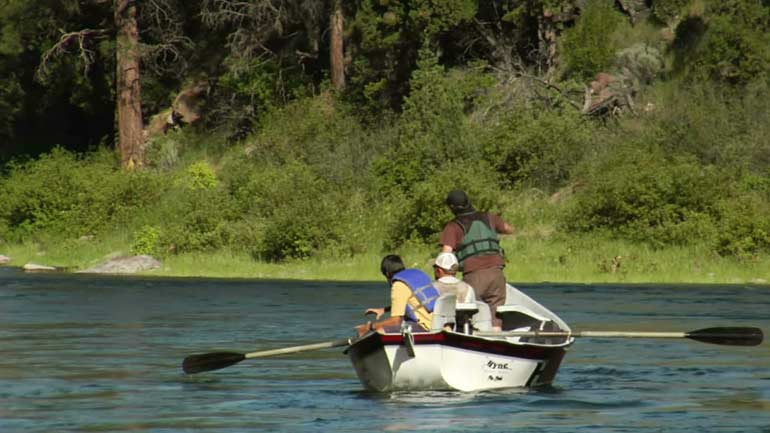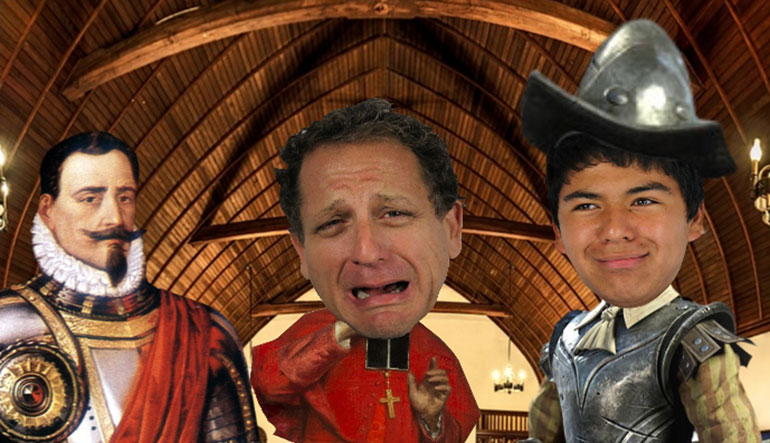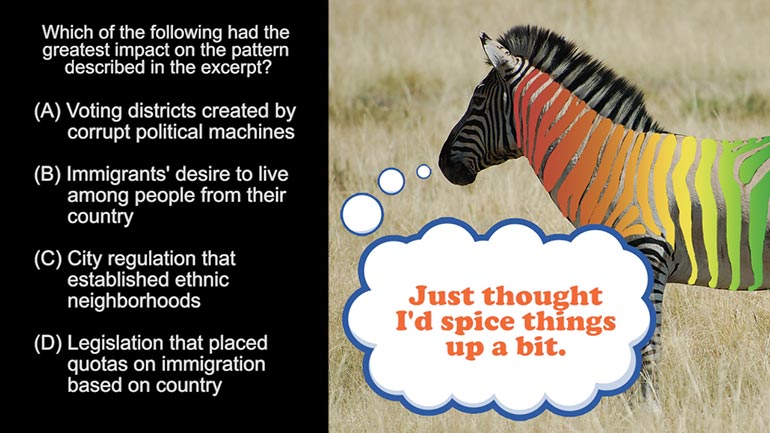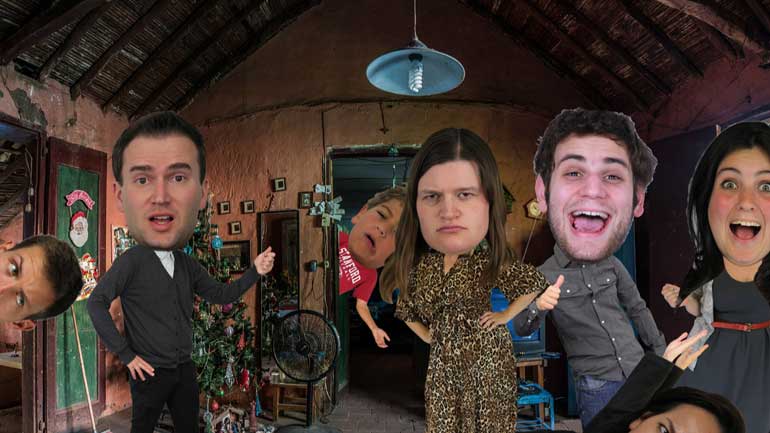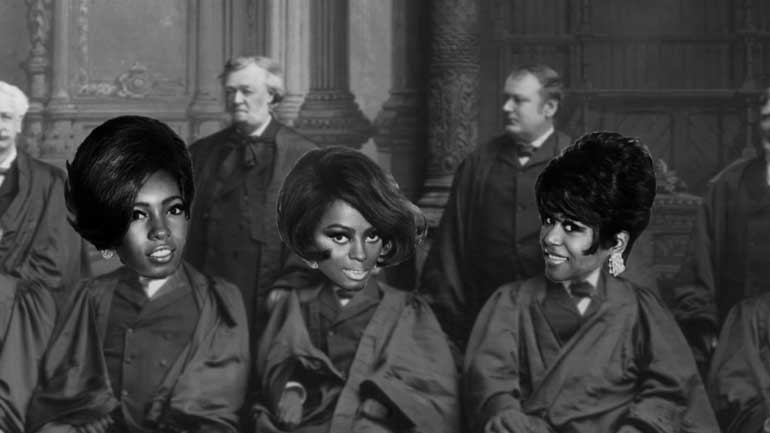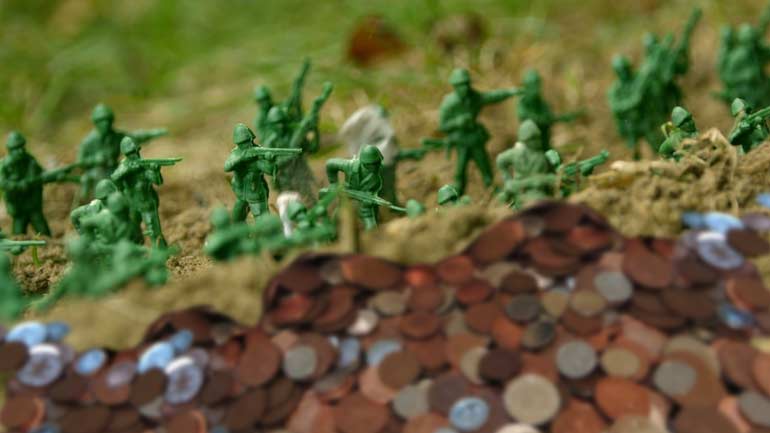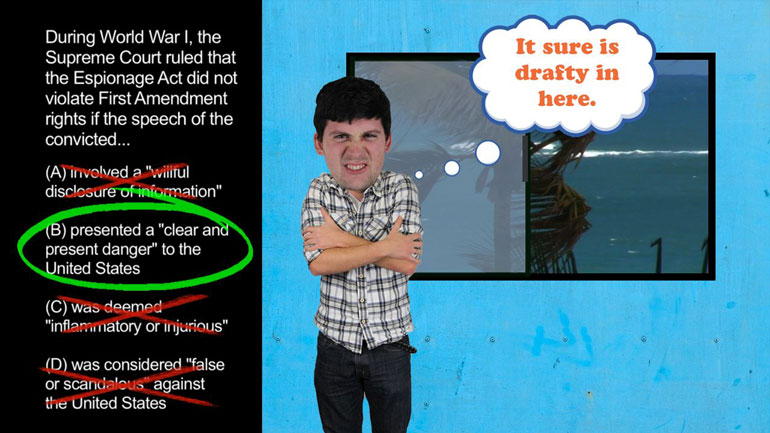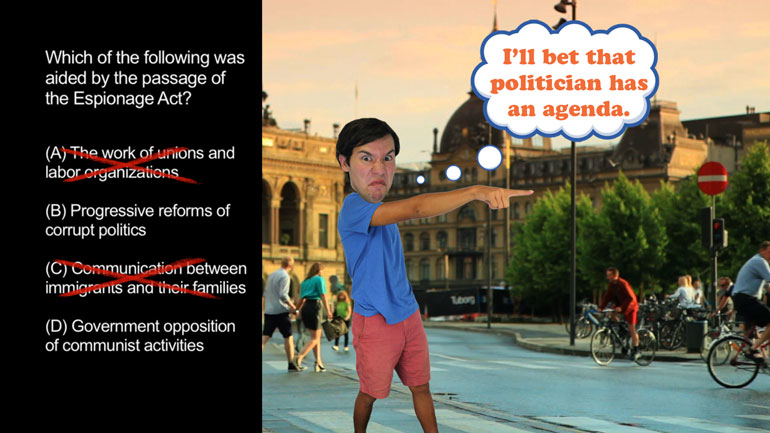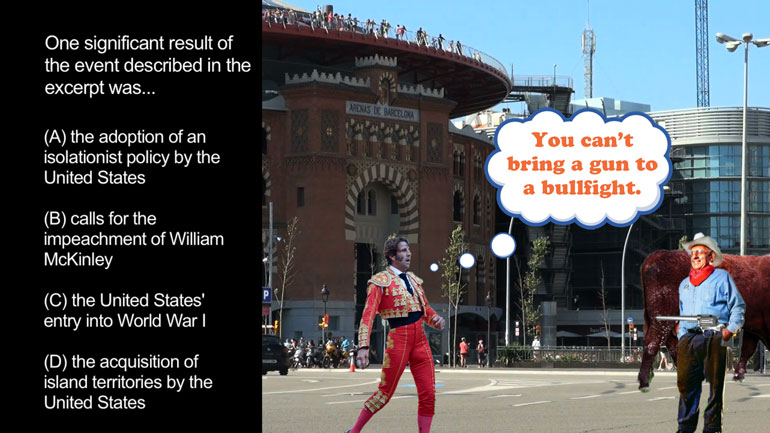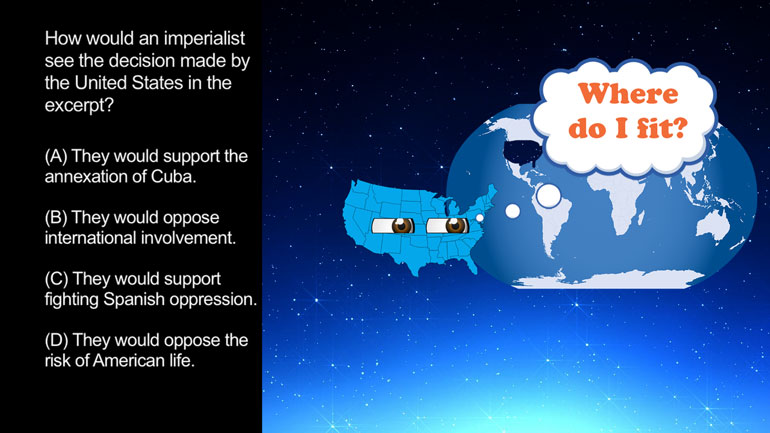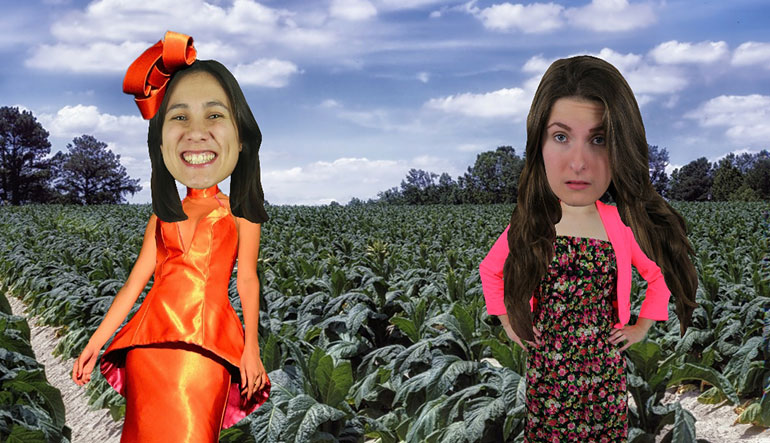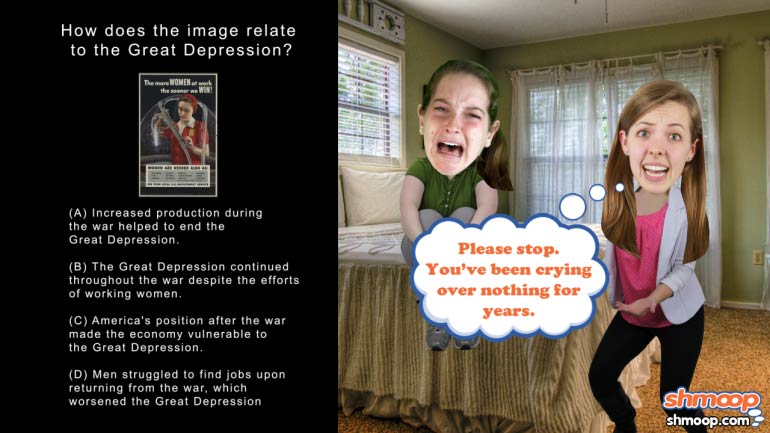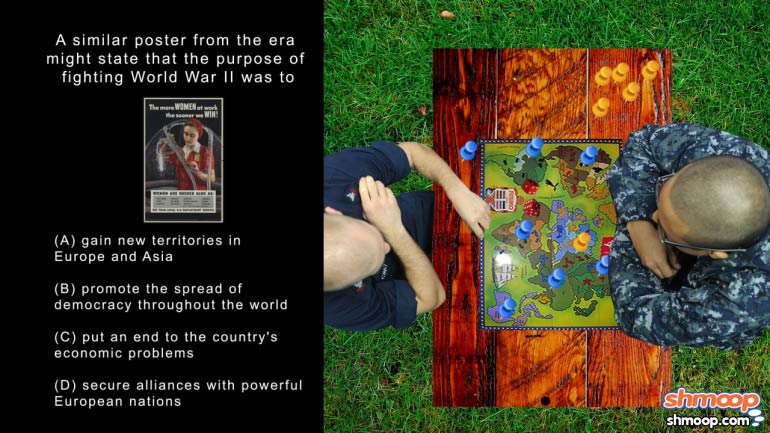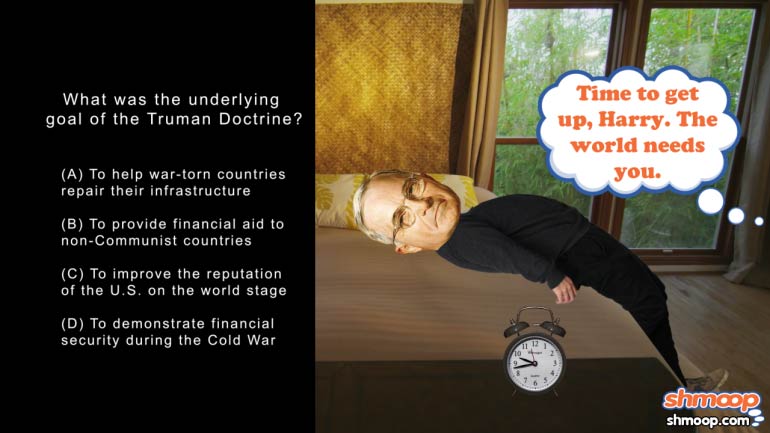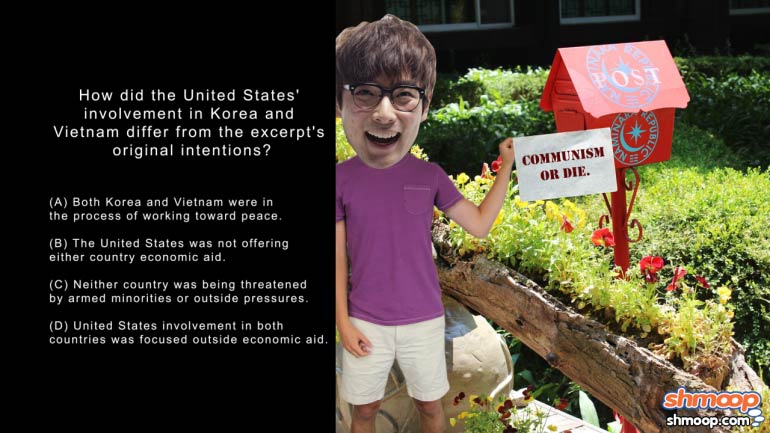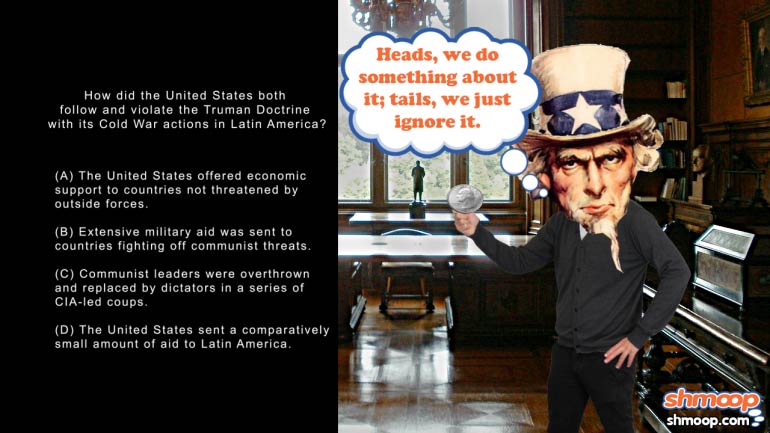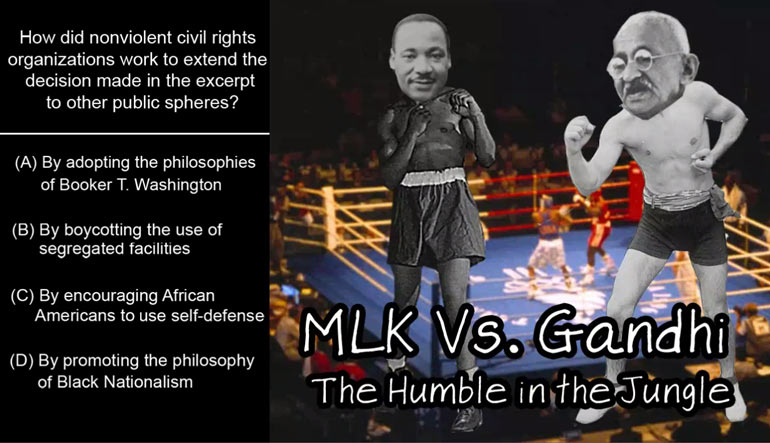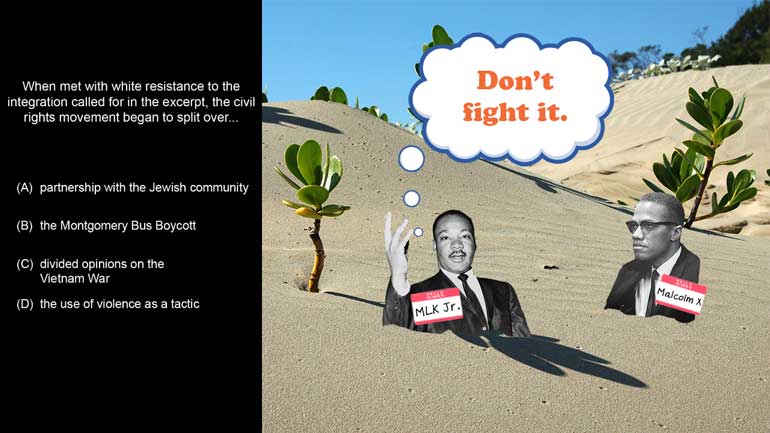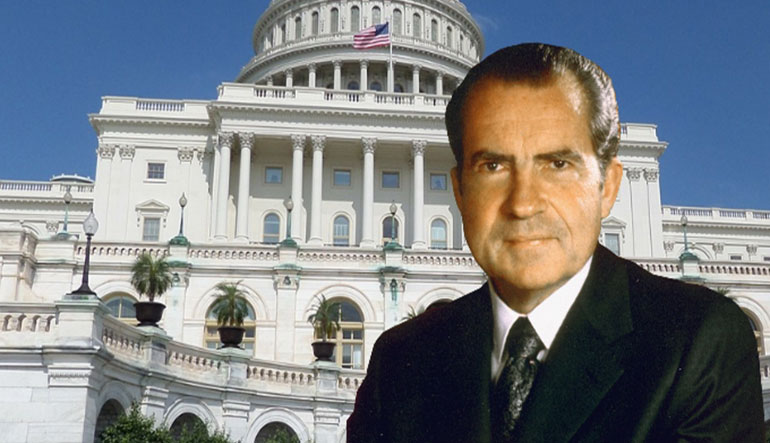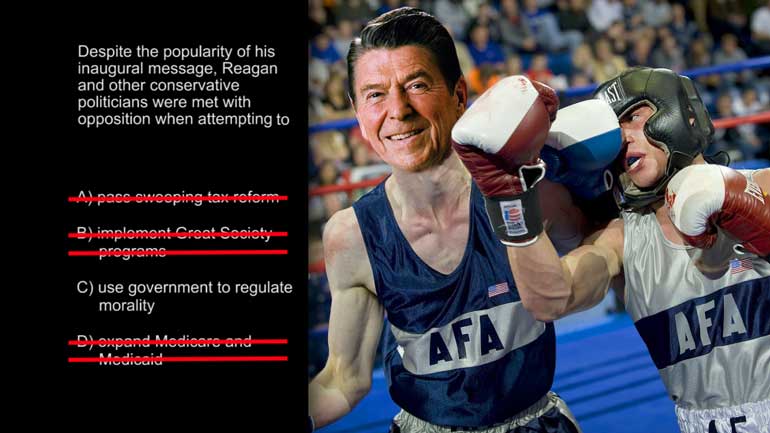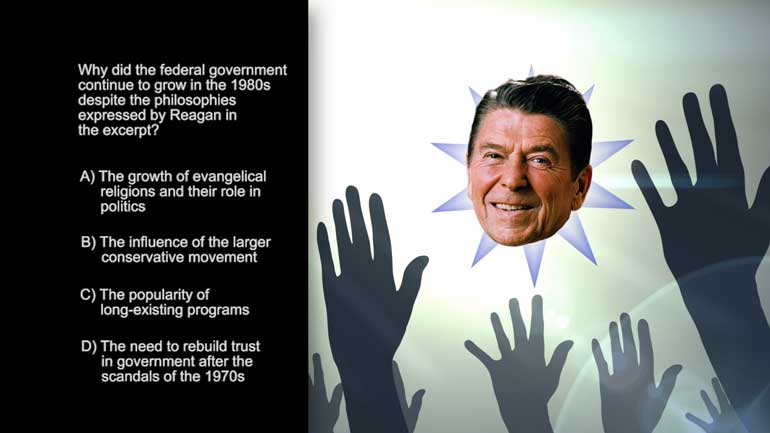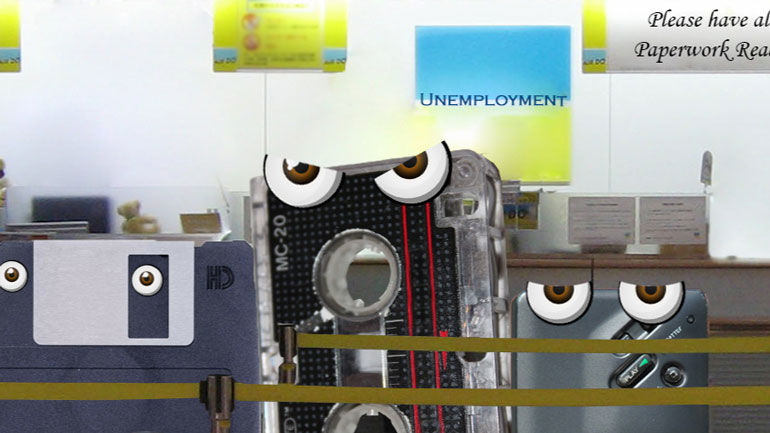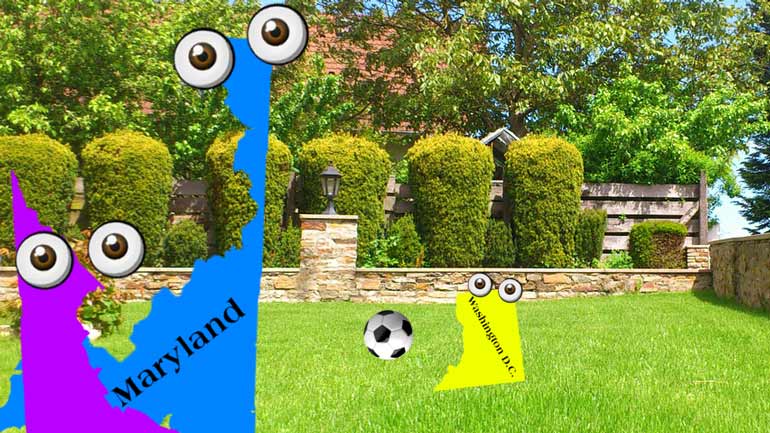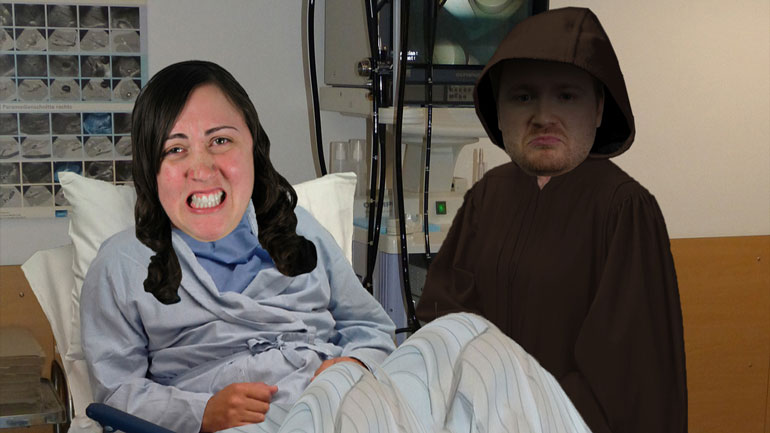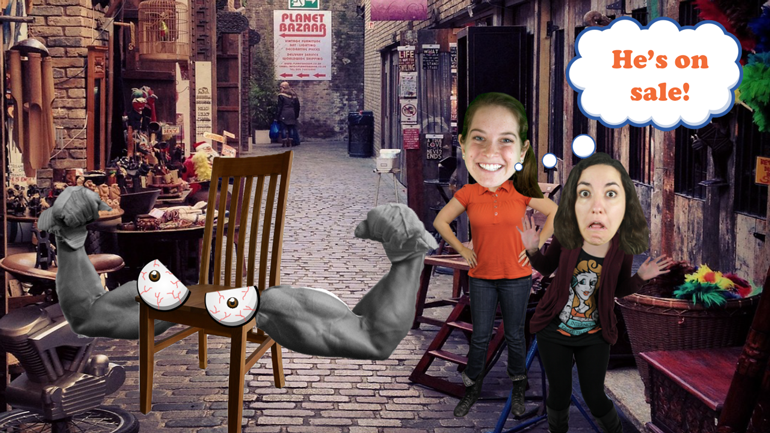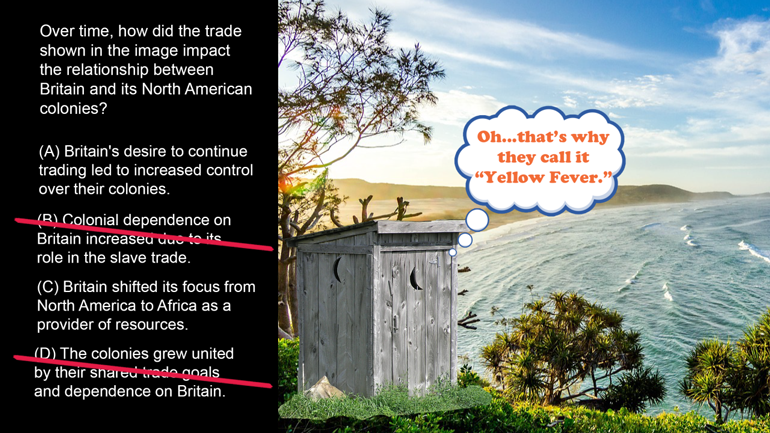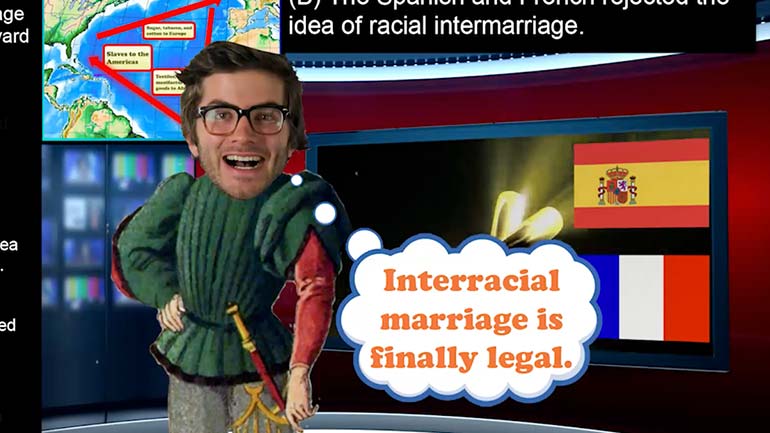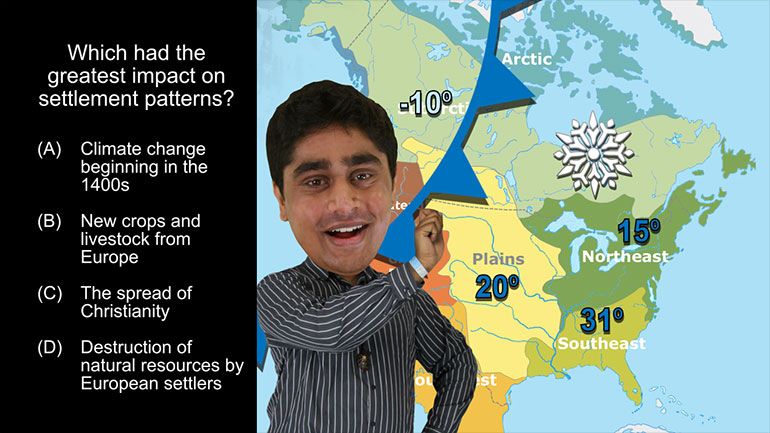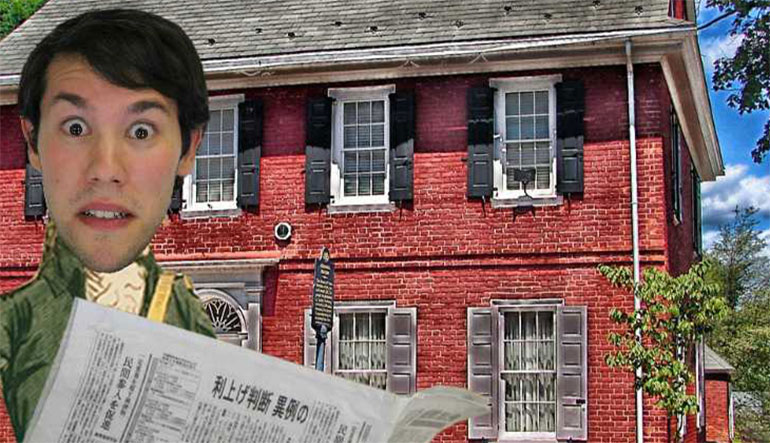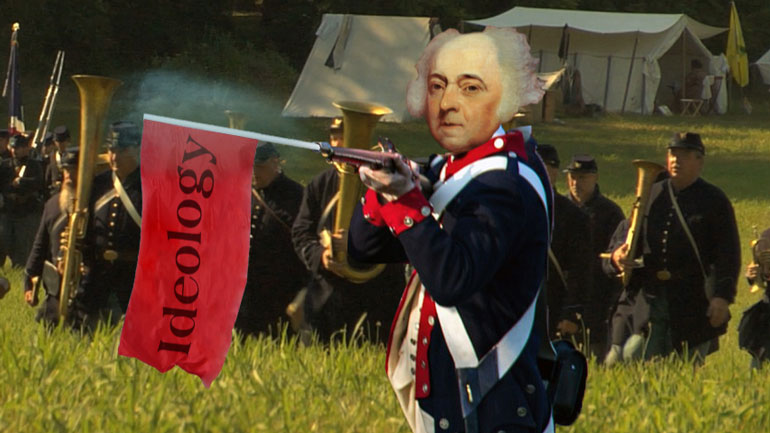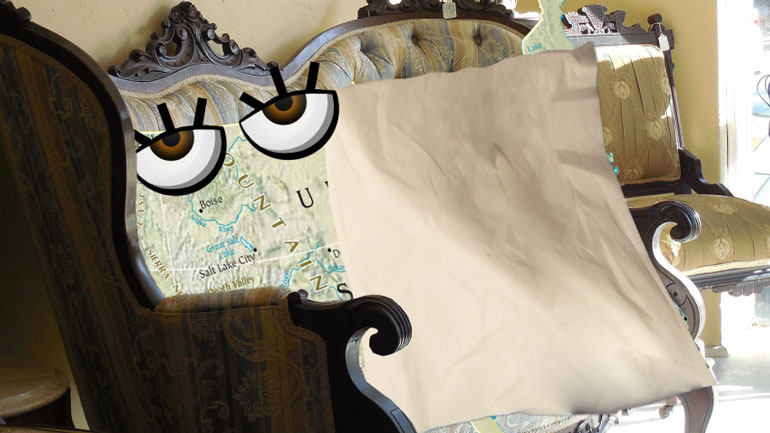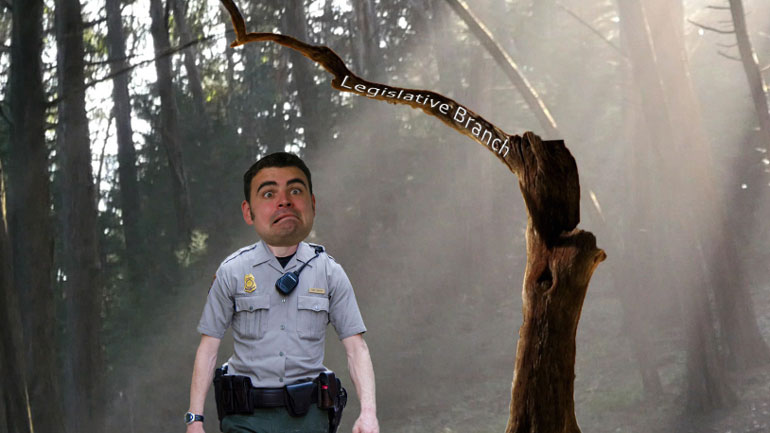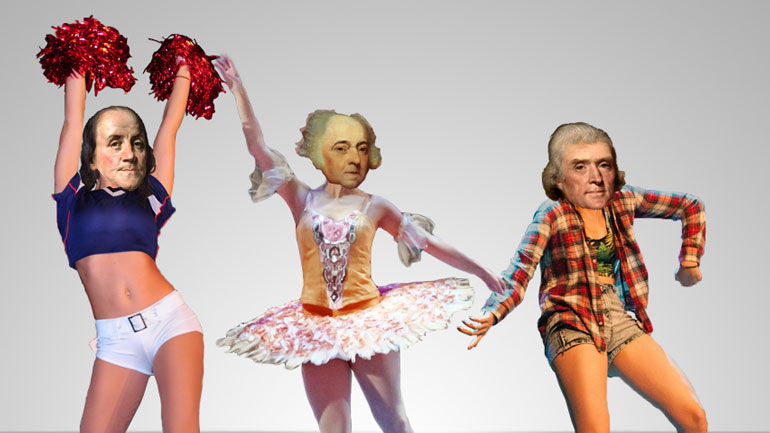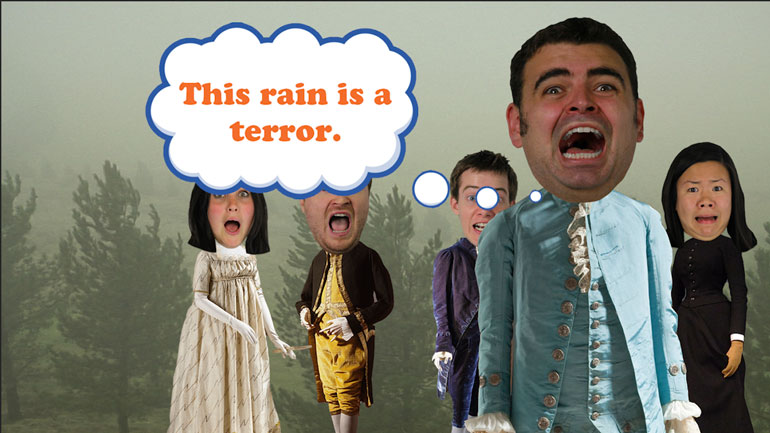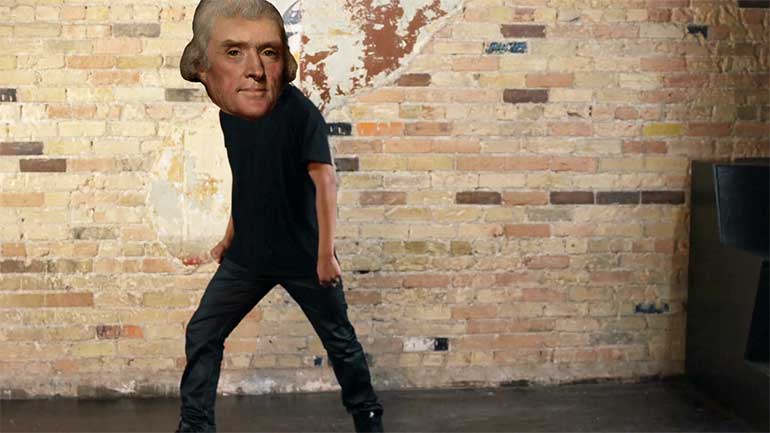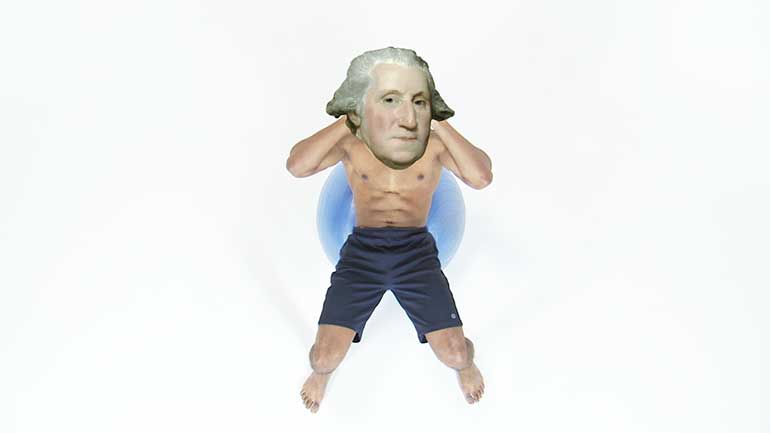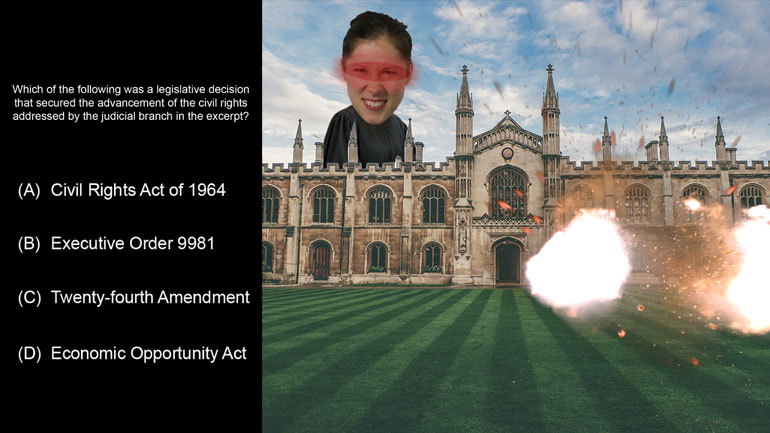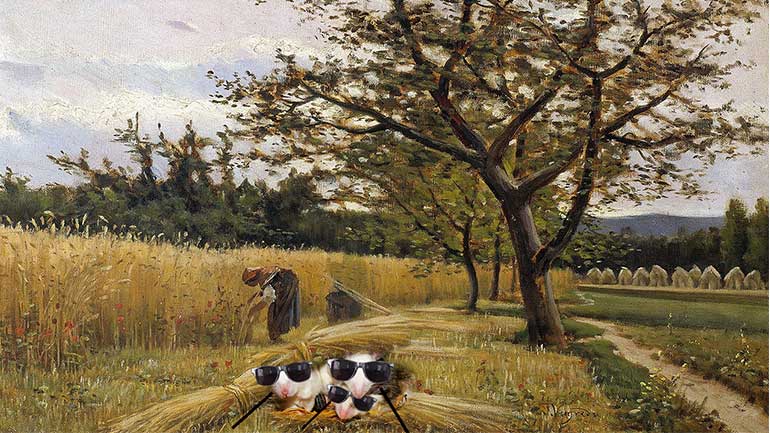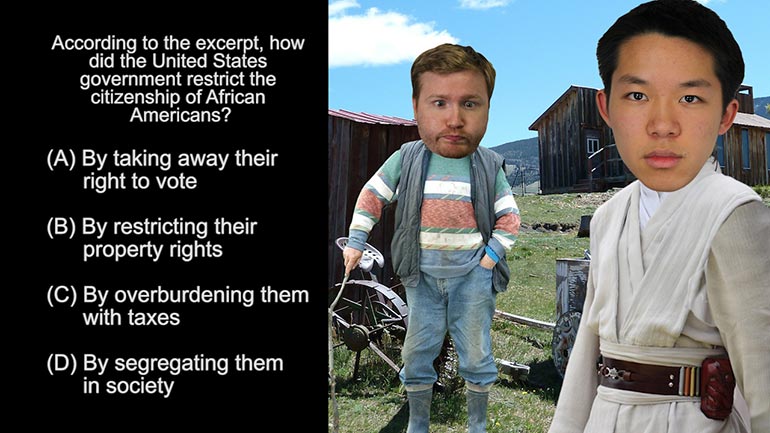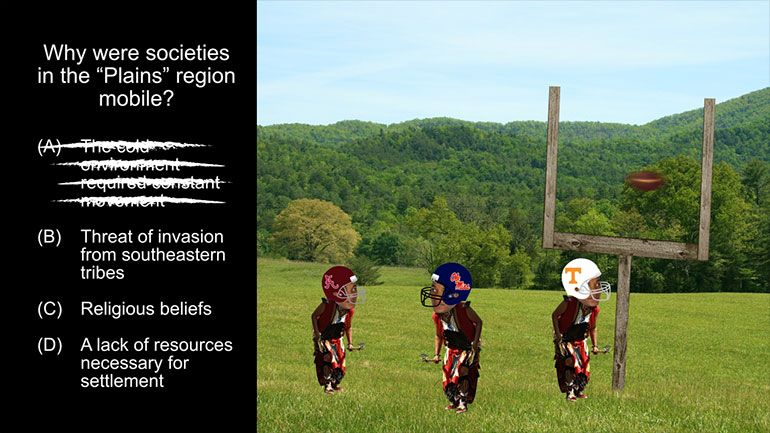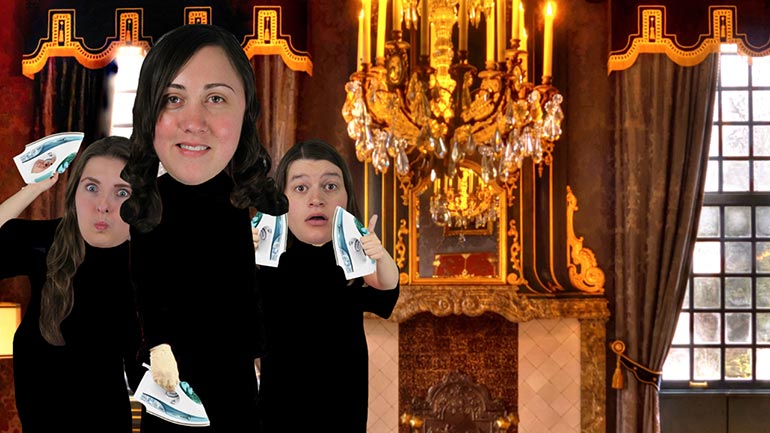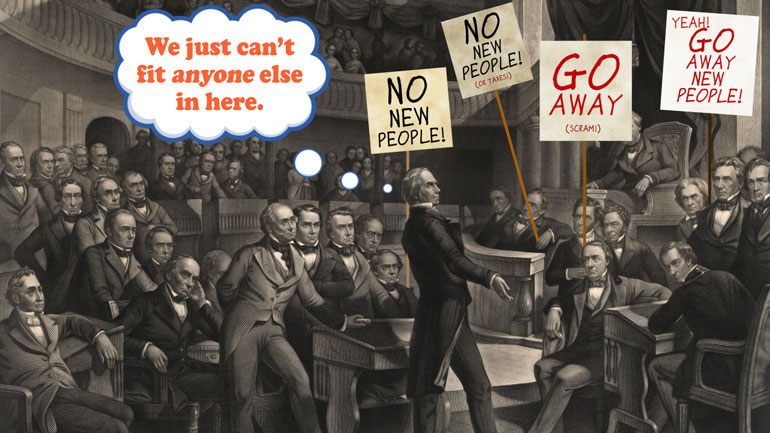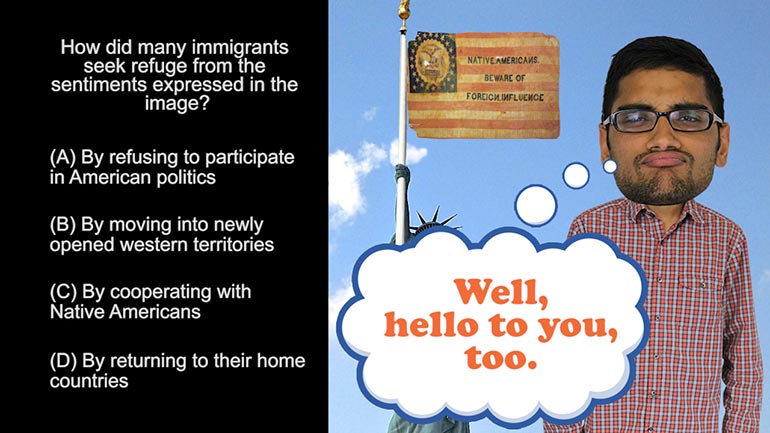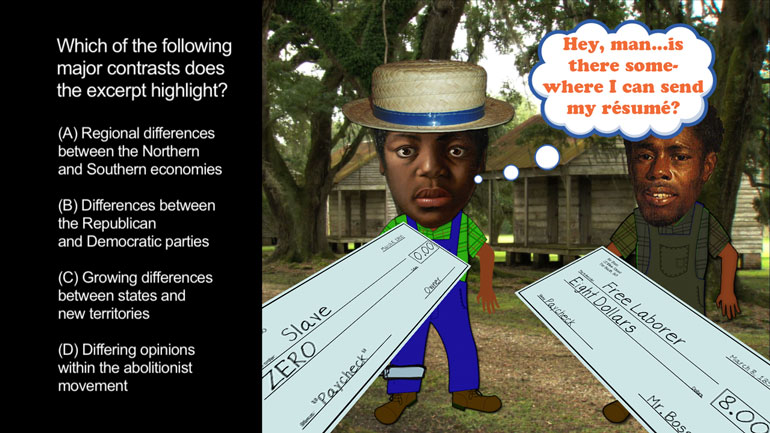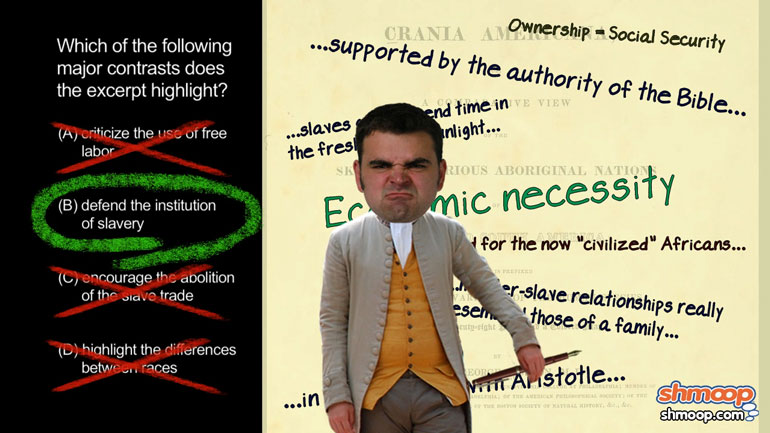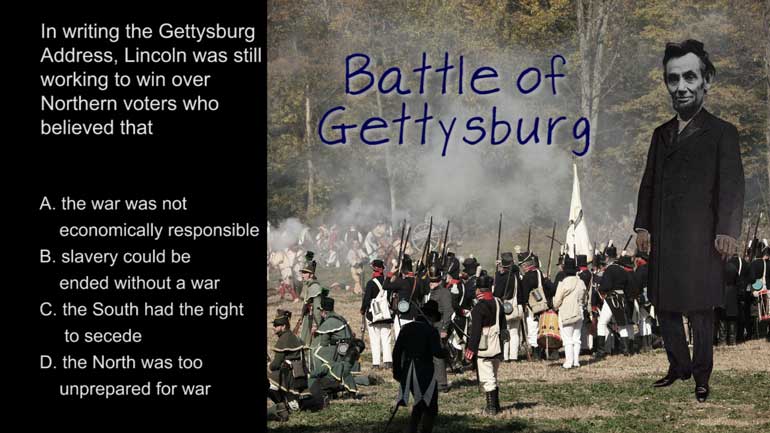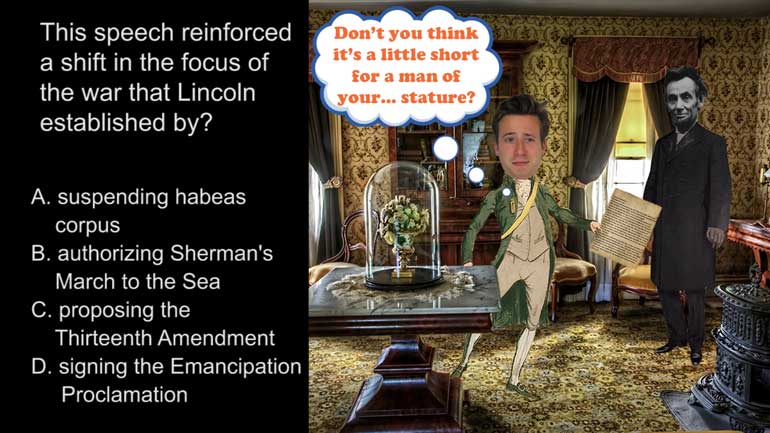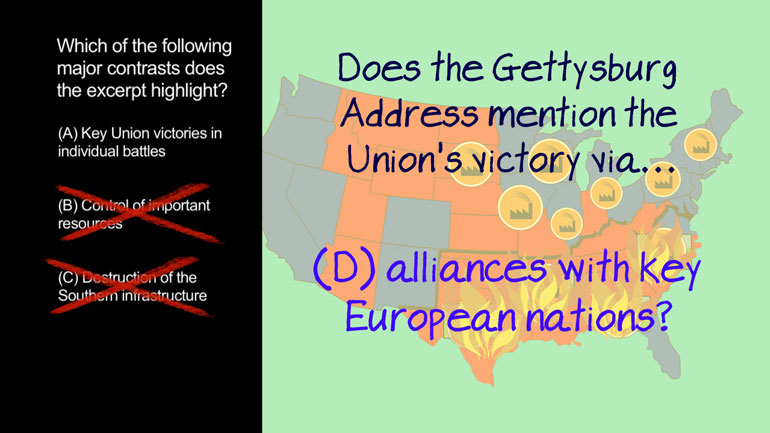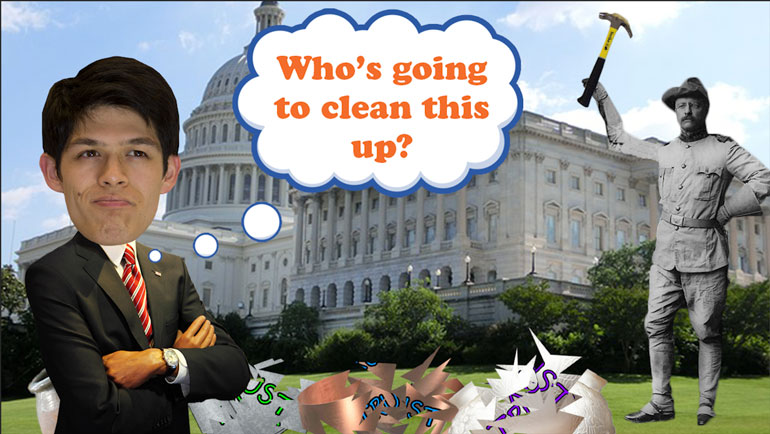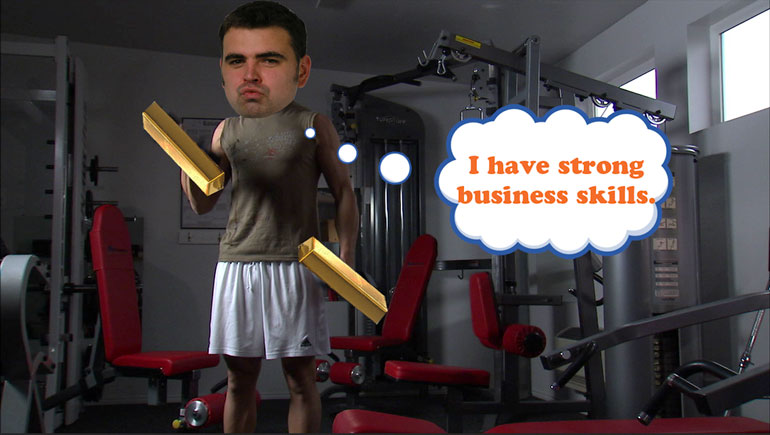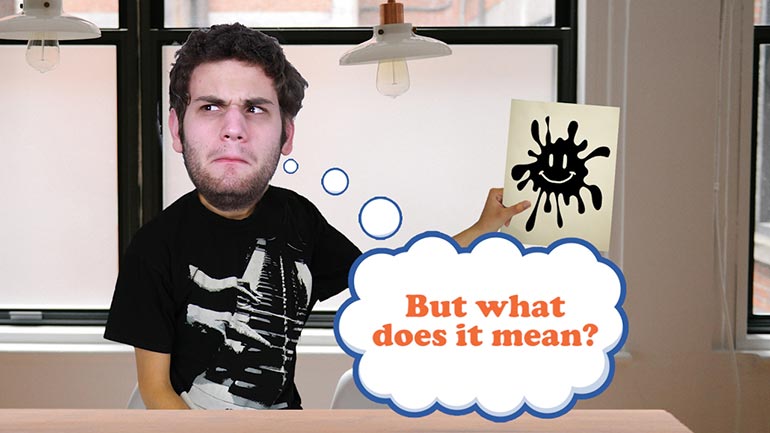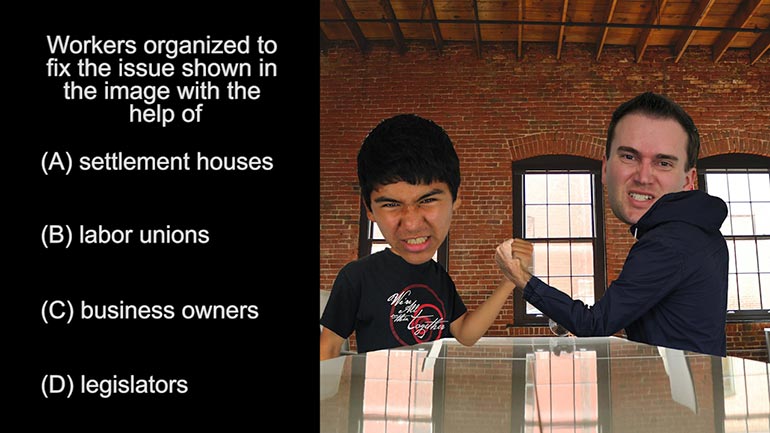ShmoopTube
Where Monty Python meets your 10th grade teacher.
Search Thousands of Shmoop Videos
Exam Videos 129 videos
AP U.S. History Diagnostic 1. Relationships like the one shown in the image resulted in the development of...what?
AP U.S. History Diagnostic 15. How did groups like the ones represented by the image influence industry in America?
AP U.S. History Diagnostic 10. What led to the splintering of the political parties shown in the image?
AP U.S. History Exam 1.9 181 Views
Share It!
Description:
AP U.S. History Exam 1.9. When discussing the country's need to protect the British colonies, Parliament was referring to...what?
- Economic and Imperial Goals of Colonizers / French and Dutch Colonial Efforts
- Period 2: 1607 to 1754 / Competition and Conflict Between Europeans and American Indians
- Competition and Conflict Between Europeans and American Indians / Growing Mistrust Among Europeans
- Competition and Conflict Between Europeans and American Indians / British Conflicts with Native Americans
Transcript
- 00:00
[ musical flourish ]
- 00:03
And here's your Shmoop du jour, brought to you by the Stamp Act,
- 00:06
legislation that'll make you salivate. Yeah.
- 00:10
All right, well, take a look at this excerpt, right here.
- 00:12
[ mumbles ]
Full Transcript
- 00:16
[ mumbling continues ] 1765.
- 00:20
When discussing the country's need to protect the British colonies,
- 00:24
Parliament was referring to... what?
- 00:29
And here are your potential answers.
- 00:32
[ mumbles ] All right.
- 00:36
Well, after a somewhat rocky start, the American colonies
- 00:38
began to flourish in the 1700s,
- 00:40
becoming a crucial source of resources for Great Britain.
- 00:44
But valuable assets need protecting,
- 00:46
and the British needed a way to pay for that neighborhood watch.
- 00:49
Thus the Stamp Act.
- 00:51
When discussing the country's need to protect the British colonies,
- 00:54
was Parliament referring to A -
- 00:56
the outcome of Shay's Rebellion?
- 00:58
Well, Shay's Rebellion didn't take place until
- 01:01
after the Revolutionary War, so we're about
- 01:03
20 years early for that one.
- 01:05
Could Parliament have been referring to B -
- 01:08
the dangers of the slave trade?
- 01:09
Well, though the slave trade was dangerous for those
- 01:12
directly involved, it was mostly a self-regulating system
- 01:16
once it got going. So it can't be B, either.
- 01:19
Was Parliament worried about the threat of C -
- 01:21
failed agricultural seasons?
- 01:24
Hmm. Well, even if growing seasons failed,
- 01:26
there wasn't much the British could do about it
- 01:28
other than stepping in to secure even more land.
- 01:31
So that's a foreclosure on C, as well.
- 01:34
[ chuckles ]
- 01:34
Which means that, in discussing the country's need to protect
- 01:37
the British colonies, Parliament was referring to
- 01:40
D - the French and Indian War.
- 01:42
Huge portions of North America were regularly
- 01:45
fought over, which eventually led to the French and Indian War
- 01:48
right on the colonists' doorstep.
- 01:50
So D is the right answer.
- 01:52
Unfortunately, wars cost money and, for the British,
- 01:55
well, money didn't grow on trees.
- 01:57
It grew on the colonists' trees.
- 02:01
[ slap ]
Related Videos
Ever heard of a "living document"? They eat and breathe just like the rest of us! They even walk around on their own two legs. Okay, fine—maybe t...
If the Puritans had gotten their way, religion would play a much larger role in lawmaking these days. Want to know more? Watch the video for all th...
What happened between the creation of the Articles of Confederation and the ratification of the current U.S. Constitution? This video analyzes the...
The Modernists thought the world had a lot of problems, and they were intent on fixing them—or at least talking about fixing them. Unfortunately,...
This video explains Federalism and the quest for a fair balance between state and national power. It covers the progression and compromises of Fede...

